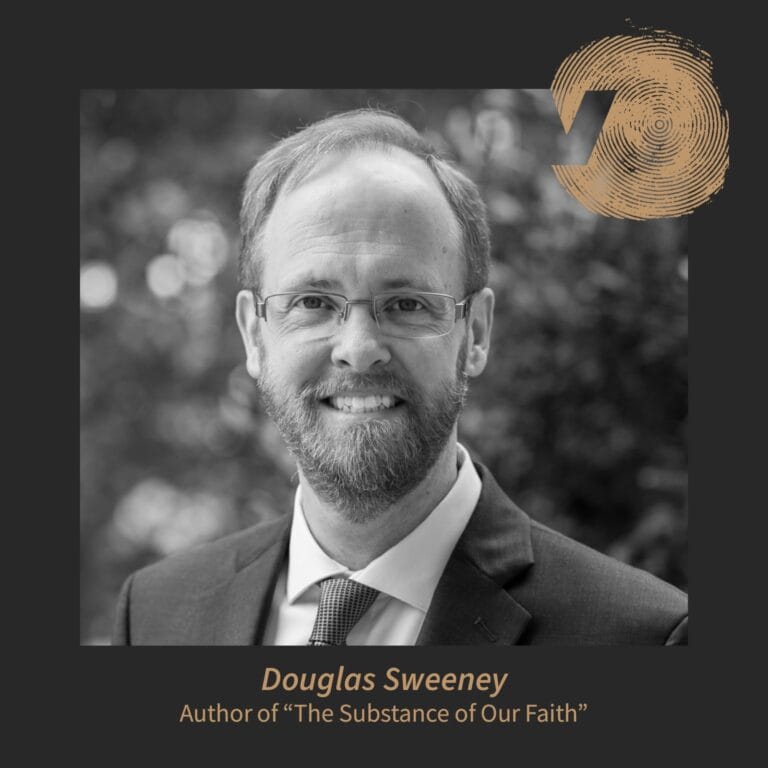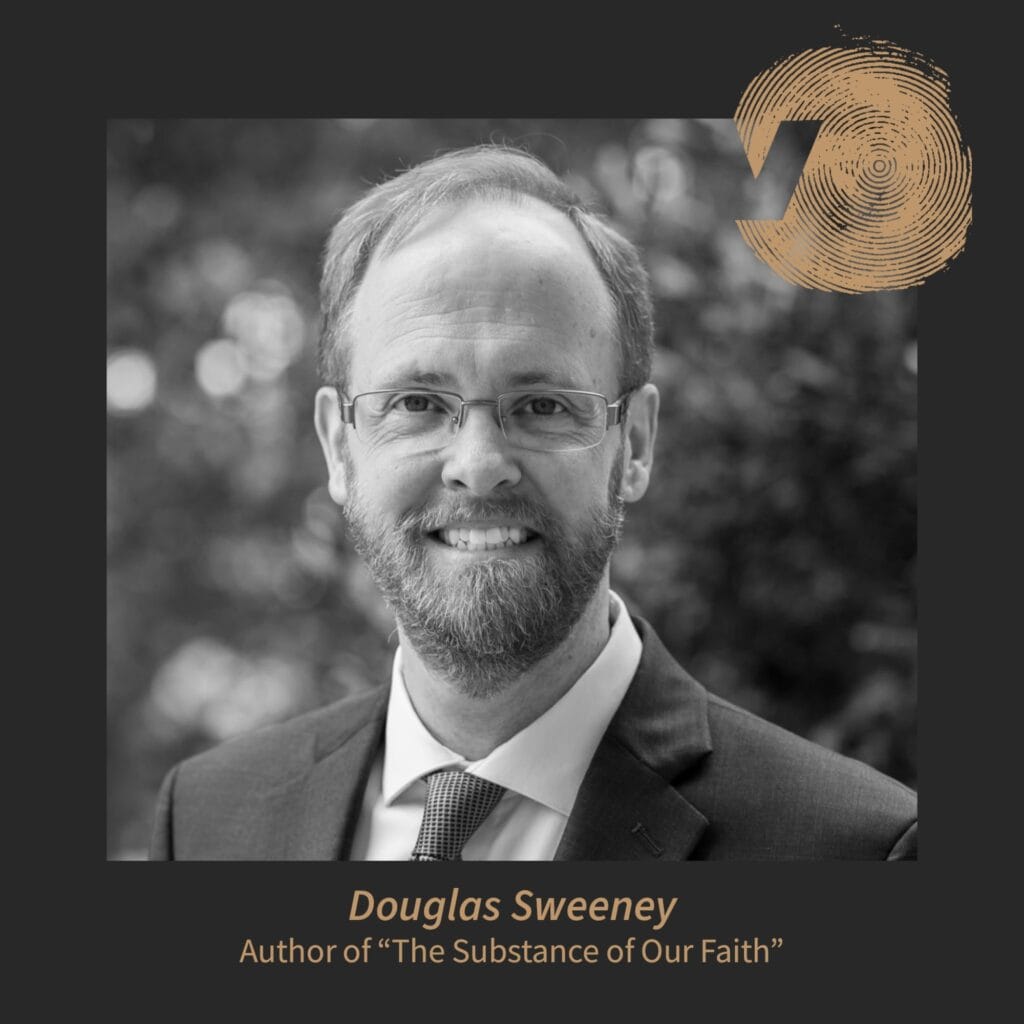

In this episode of We Are Vineyard, Caleb Maskell, Associate National Director of Theology and Education, talks with Douglas Sweeney about experiencing the church over the course of his academic journey, breaking down the word “doctrine”, and discovering it through our daily walk with Christ. Doug shares why he started his project on the history of doctrine with the coming of the Holy Spirit, the right and best way to draw on the riches of scripture, and how to navigate a world where so many teachers are offering different ways of thinking about scripture. Finally, Doug shares some resource suggestions for pastors who want to continue growing in their understanding of scripture.
Douglas Sweeney became the second dean of Beeson Divinity School in 2019. In this role, he shepherds the institution by providing strategic leadership and facilitating its work to prepare men and women for gospel ministry. Before coming to Beeson, Sweeney taught Aquinas College, Yale Divinity School, Trinity Evangelical Divinity School, the University of Heidelberg, and several other schools in the United States and abroad. He is the author or editor of more than 20 books on the history of Christian doctrine, early modern Protestant history, American church history, Christology and global evangelicalism. His latest book is called The Substance of Our Faith: Foundations for the History of Christian Doctrine (Baker Academic). It is the first of two volumes on the global history of doctrine, or the history of the teaching of the Christian faith in churches all around the world since the time of the apostles. Sweeney is an evangelical Lutheran affiliated with Lutheran Congregations in Mission for Christ. He is married to Wilma, and they have one adult son, David, and daughter-in-law, Stephanie.
Show Notes:
The Substance of Our Faith by Douglas Sweeney
Vineyard History and Identity Resources:
The Way It Was by Carol Wimber
The Quest For The Radical Middle by Bill Jackson
Empowered Evangelicals by Rich Nathan and Ken Wilson
“I’m a Fool For Christ”– John Wimber’s testimony




